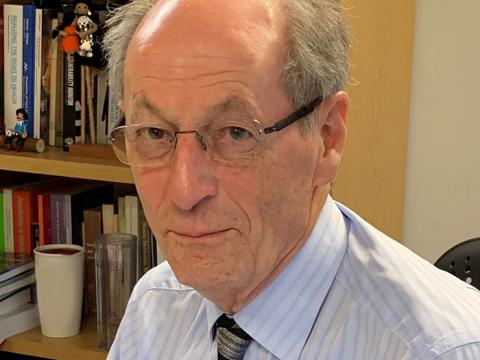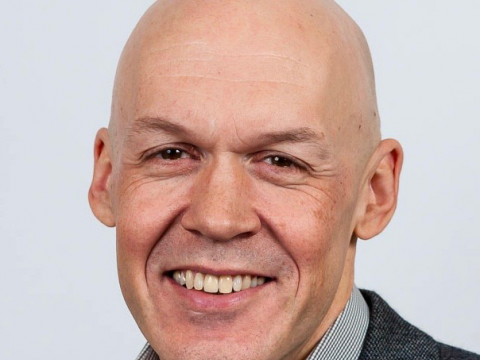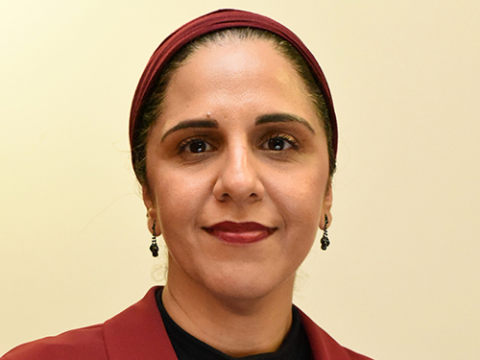Webinar: Build back fairer: Inequalities and COVID-19 in England A jointly hosted event by the Health Foundation and the UCL Institute for Health Equity
15 December 2020
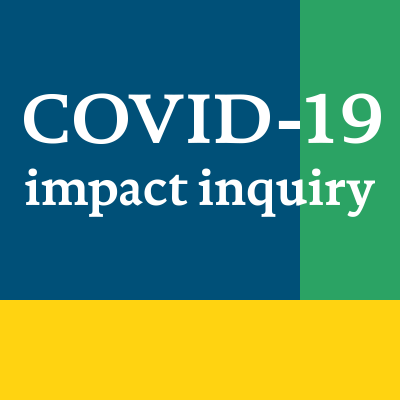
In February 2020, the landmark Marmot Review 10 Years On drew attention to widening health inequalities and worsening health outcomes in England. The report set out evidence-based recommendations to address these inequalities through action on the social determinants of health – the conditions in which people are born, grow, live, work and age and which can lead to health inequalities.
Build Back Fairer: the COVID-19 Marmot Review investigates how the pandemic has affected health inequalities in England. Pre-pandemic socioeconomic and ethnic inequalities have deepened, and new inequalities are also emerging, influenced by people’s work, where they live, who they live with, their ethnicity and religion. Meanwhile the impacts of containment measures on education, employment, income and local areas risk widening inequalities, including in health, in the longer term, unless urgent mitigating action is taken.
The Health Foundation has commissioned Build Back Fairer: The COVID-19 Marmot Review as part of its COVID-19 impact inquiry, which is being guided and informed by an expert advisory panel and chaired by Dame Clare Moriarty. Professor Sir Michael Marmot is expert advisor for the inquiry and author of the new report – the report being a hugely important contribution to the inquiry.
To launch the report we jointly hosted a webinar with the UCL Institute of Health Equity (IHE).
Using the button below you can download a copy of the slides presented by Professor Sir Michael Marmot in this webinar.
All of the charts are available in the report Build Back Fairer: COVID-19 Marmot Review.
09.00–09.45: What we know so far on the pandemic’s impact on health inequalities
Hosted by IHE and chaired by The Lancet Editor Richard Horton, this section will use key findings from the report to highlight the impact of the pandemic on health inequalities in the short and long term.
During the panel discussion, speakers will delve into its key themes including education, employment, income and poverty, ethnicity, regional differences in England and building back fairer.
09.45–10.30: What are the unknowns and the long-term implications of what we know so far for health inequalities?
Hosted by the Health Foundation and chaired by Dame Clare Moriarty, this section will look at the report through the lens of the COVID-19 impact inquiry. It will look ahead to what needs to be done in the future and how to address the long-term challenges coming out of the pandemic.
Speakers and members of the inquiry’s expert advisory panel will consider some of the wider challenges for communities and the economy, and how they influence health.
Section one speakers
Andy Burnham was elected as Mayor of Greater Manchester in May 2017.
Responsible for shaping the future of Greater Manchester, Andy’s priorities include ending rough sleeping, transforming Greater Manchester into one of the greenest city regions in Europe, and making Greater Manchester a great place to live, get on, and grow old.
Before being elected Mayor of Greater Manchester, Andy was MP for Leigh from 2001. In government, Andy has held Ministerial positions at the Home Office, Department of Health and the Treasury. In 2008 he became Secretary of State for Culture, Media and Sport, before returning to Health as Secretary of State in 2009.
In opposition, Andy has served as Shadow Education Secretary, Shadow Health Secretary and Shadow Home Secretary.
Andy lives in Leigh, Greater Manchester, with his wife and three children. He is a keen supporter of Everton FC.

Dr Angela Donkin is the Chief Social Scientist at the National Foundation for Educational Research (NFER) and manages UK research and evaluation.
NFER have published a series of influential reports on the impact of COVID-19 on teaching, children’s engagement with remote learning, learning loss and inequalities in these impacts. Prior to joining NFER Angela was a Deputy Director at the Institute of Health Equity, and prior to that held a number of positions in the civil service. Among these, she led the secretariat for the Graham Allen review on early intervention, and the cross departmental team on improving health and well-being at work.
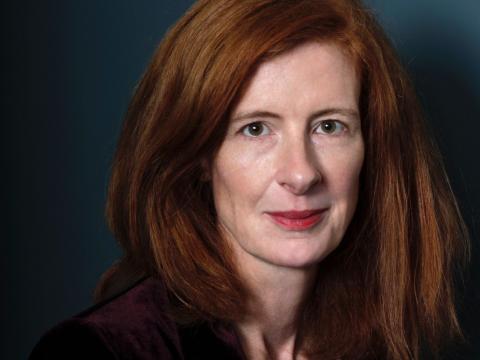
Richard Horton is Editor-in-Chief of The Lancet. He qualified in physiology and medicine with honours from the University of Birmingham in 1986. He joined The Lancet in 1990, moving to New York as North American Editor in 1993. In 2016, he chaired the Expert Group for the High Level Commission on Health Employment and Economic Growth, convened by Presidents Hollande of France and Zuma of South Africa. From 2011 to 2015, he was co-chair of the UN's independent Expert Review Group on Information and Accountability for Women's and Children's Health. In 2011, he was elected a Foreign Associate of the US Institute of Medicine and, in 2015, he received the Friendship Award from the Government of China. In 2019 he was awarded the WHO Director-General’s Health Leaders Award for outstanding leadership in global health and the Roux Prize in recognition of innovation in the application of global health evidence. He now works to develop the idea of planetary health – the health of human civilizations and the ecosystems on which they depend. In 2020, he published The COVID-19 Catastrophe: What’s Gone Wrong and How to Stop It Happening Again.
Richard's photograph is credited to Douglas Fry for Piranha Photography.

Section two speakers
Liz Sayce is a visiting Senior Fellow at the London School of Economics and was Chief Executive of Disability Rights UK (and its legacy charity Radar) from 2007-2017, where she led work for equal participation for all, through programmes on independent living, career opportunities and shifts in cultural attitudes and behaviour.
Liz is Chair of the Commission for Equality in Mental Health, hosted by the Centre for Mental Health, Vice Chair of the Social Security Advisory Committee, a Non-Executive Director of the Care Quality Commission and a member of the Disability Advisory Committee of the Equality and Human Rights Commission. Previous roles include Director of Policy and Communications at the Disability Rights Commission and Policy Director of Mind.
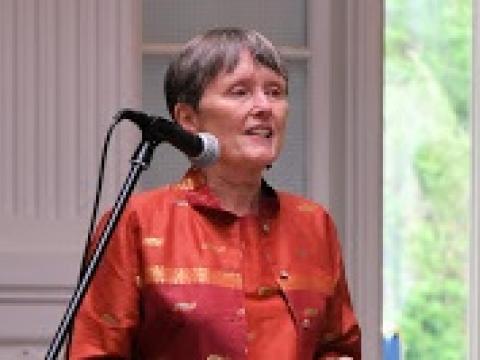
Further reading
Work with us
We look for talented and passionate individuals as everyone at the Health Foundation has an important role to play.
View current vacanciesThe Q community
Q is an initiative connecting people with improvement expertise across the UK.
Find out more
